COPE endorses GPP3 and TOP
COPE endorses Good Publication Practice for Communicating Company-Sponsored Medical Research: GPP3[1].
Authors working in corporate–academic research collaborations must follow appropriate ethical standards. GPP3 describes such standards, and promotes the ethical practices established by organisations like COPE, ICMJE, and WMA.
Amongst many recommendations, GPP3 places emphasis on the control that must be vested in authors; presents guidance about what documentation should be gathered through manuscript preparation and article publication; discusses publication planning and the role played by professional medical writers and the importance of authors retaining responsibility for content; suggests policies and procedures to support good publishing practice; and states that "all clinical trials should be reported". GPP3 updates and helps to clarify earlier guidance from GPP2 and GPP.
GPP3 is free to read at Annals of Internal Medicine and ISMPP's GPP3 website.
COPE also endorses the Transparency and Openness Promotion (TOP) Guidelines[2]. COPE came into being to be help editors handle issues in publication ethics, with the underlying aim of ensuring the integrity of the published literature. Thus it has long supported initiatives that lead to better reporting of research, including for example the EQUATOR network. The TOP Guidelines are a welcome extension of these principles into more basic science and we are pleased to endorse them and encourage our members to consider them in their own guidelines.
Specifically we support the table which clearly lays out different levels of transparency and how journals can increase transparency. In addition, we welcome the recommendations not only for journals but also others involved in research (eg, funders).
Reference
1. Battisti WP, Wager E, Baltzer L, Bridges D, Cairns A, Carswell CI, et al. Good Publication Practice for Communicating Company-Sponsored Medical Research: GPP3. Ann Intern Med. Published online 11 August 2015 doi:10.7326/M15-0288
2. Alter G, et al (24 October 2015). Transparency and Openness Promotion (TOP) Guidelines. Retrieved from https://cos.io/top/
Two new COPE flowcharts and two revisions
Bringing to fruition a collaboration with BioMed Central which began in September 2014, COPE has developed two new flowcharts on how to respond to whistle blowers:
1) when concerns are raised directly (http://publicationethics.org/files/RespondingToWhistleblowers_ConcernsRaisedDirectly.pdf), and
2) when those concerns are raised via social media (http://publicationethics.org/files/RespondingToWhistleblowers_ConcernsRaisedViaSocialMedia.pdf).
In addition, some small revisions have been made to the two flowcharts on 'What to do if you suspect redundant (duplicate) publication'.
Both the new and revised set of flowcharts have been added to the 'full set of flowcharts' PDF: http://publicationethics.org/files/Full%20set%20of%20flowcharts_0.pdf
COPE logo
Did you know that you can now download a unique COPE logo for your journal or website?
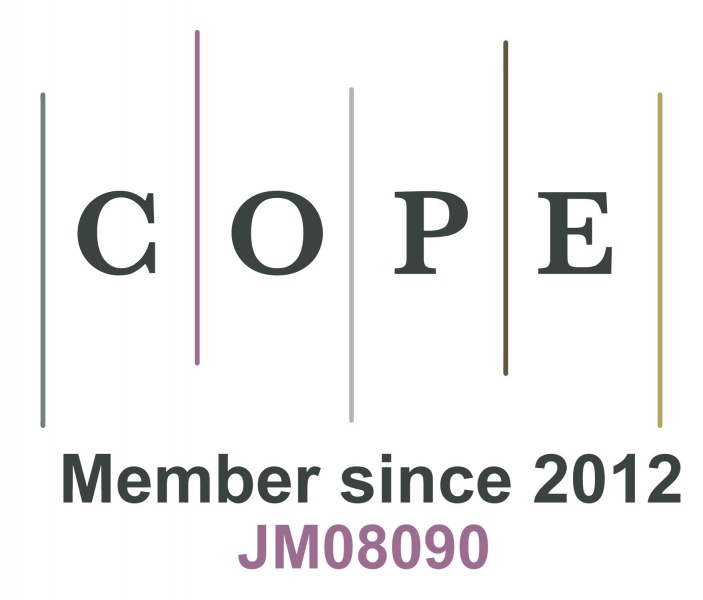
On the COPE website, you can download a COPE logo with your membership number included and the date you joined COPE (example shown). This will demonstrate that you are a genuine member of COPE, and will send a signal to authors and reviewers that your journal upholds the highest ethical standards, that you intend to follow COPE’s Code of Conduct and that you will take appropriate action in cases of possible misconduct.
If you want to add some wording to your logo, we usually suggest the following: "This journal is a member of, and subscribes to the principles of, the Committee on Publication Ethics (COPE) http://publicationethics.org/"
You can download the logo at optimised resolutions for print or the web.
Here’s how to do it:
- Log onto the COPE website as a member (you need to be the "manager" of your journal group)
- Go to your journal page.
- On the right hand navigation bar, click “COPE logo download”.
- Download low and high resolutions of your personalised COPE logo.
Report from the COPE Australian Seminar 2015
The COPE Australian Seminar “Publication ethics in the Australian context” took place on Friday 6 November 2015 at the spacious State Library of Victoria theatrette, Melbourne, Australia; bushranger Ned Kelly’s suit of armour upstairs, excellent discussions of research ethics downstairs. The overall topic of the morning presentations was research ethics in the context of vulnerable populations. The first speaker, Pauline McGuire from Aboriginal Studies Press, discussed AIATSIS’s Ethical Publishing Guidelines. (AIATSIS is the Australian Institute of Aboriginal and Torres Islander Studies, a body funded by the Australian government.) There were a large number of themes, but many of them came down to maintaining a constant dialogue with any Aboriginal authors you are working with, and accepting that their use of English may be different to what you may be expecting. The importance of giving back was also emphasised. The second speaker of the morning was Vicki Xafis, who spoke about informed consent in the context of paediatric patients, balancing the important information that may be published to the benefit of improved treatment (and career advancement) with sensitivity to the significant hardship being undergone by families with very sick children. The essence of the talk was that consent needs to be truly informed, and now may not be the right time.
The afternoon was a change of focus, to issues around authorship. COPE Chair, Virginia Barbour was the first speaker. Ginny first looked at the changing nature of publication, developments such as ORCID and CRediT and history of attempts to provide guidance about authorship. (It will probably come as a surprise to no one to hear that authorship is the largest class of cases brought to COPE.) The second speaker in the session was COPEOZ perennial, Paul Taylor from the Office of Research Integrity, University of Melbourne, who reported a study of authors of PLOS articles (which list respective author contributions), and the finding that only a small minority of authors would be rated as authors under the current guidelines for medical journals from the ICMJE–one specific set of guidelines. Paul then went on to outline the very pragmatic set of policies that are being developed at University of Melbourne https://policy.unimelb.edu.au/MPF1181.
The presentations were then followed by the popular COPE Forum workshops, based on five cases that had been brought to COPE over the past few years.
Finally, many thanks to Wiley Melbourne for organising the meeting, and to the presenters.

COPE Chair, Virginia Barbour, opening the Australian seminar with an overview of COPE over the past year.

Pauline McGuire from Aboriginal Studies Press, presenting at the COPE Australian Seminar.

Vicky Xafis, Sydney Children’s Hospitals Network, discussed issues of consent to publish from multiple perspectives: child, parent, clinician.
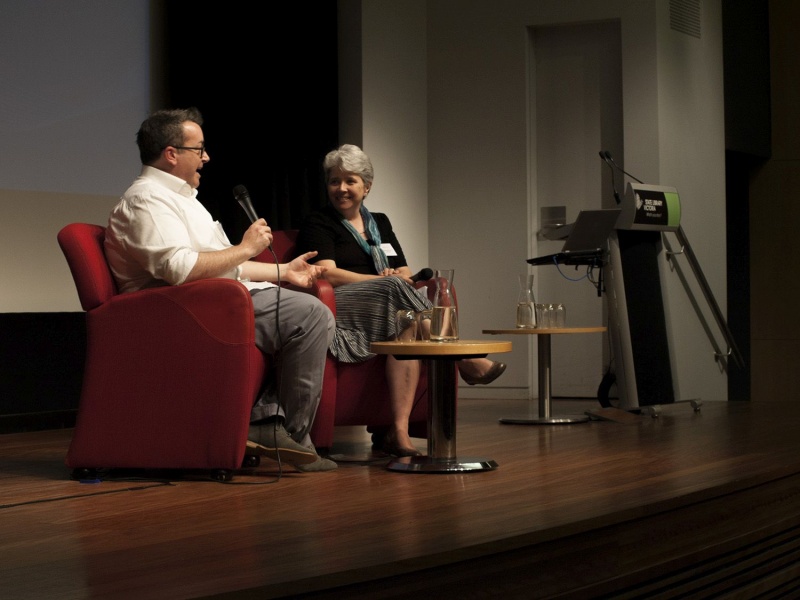
Q&A with Virginia Barbour and Paul Taylor (Office for Research Ethics and Integrity, University of Melbourne).
 This month’s review of ethical conundrums starts with a forum case regarding submission of research manuscripts without ethical approval. The forum noted that editors cannot be expected to know national guidelines which may vary between countries. It recommended that editors have assurance that studies are undertaken in accordance with national guidelines and can request letters from ethics committees, and have a responsibility to follow-up with institutions if necessary. There are two items on predatory journals: one where a journal steals the identity of a dead doctor and the other where journals are registering for ORCID numbers. Editors check for plagiarism but a new challenge is article spinning software, and there are many sites which offer these services. The cost of investigating misconduct is massive, as the Riken Institute discovered. The protracted process required to have a paper retracted for suspected research fraud is detailed in the BMJ regarding an article published in 1989 on the influence of maternal diet during lactation and use of formula feeds on development of atopic eczema in high risk infants.The focus article is on the recently published Good Publication Practice for Communicating Company-Sponsored Medical Research: GPP3, which have been endorsed by COPE.
This month’s review of ethical conundrums starts with a forum case regarding submission of research manuscripts without ethical approval. The forum noted that editors cannot be expected to know national guidelines which may vary between countries. It recommended that editors have assurance that studies are undertaken in accordance with national guidelines and can request letters from ethics committees, and have a responsibility to follow-up with institutions if necessary. There are two items on predatory journals: one where a journal steals the identity of a dead doctor and the other where journals are registering for ORCID numbers. Editors check for plagiarism but a new challenge is article spinning software, and there are many sites which offer these services. The cost of investigating misconduct is massive, as the Riken Institute discovered. The protracted process required to have a paper retracted for suspected research fraud is detailed in the BMJ regarding an article published in 1989 on the influence of maternal diet during lactation and use of formula feeds on development of atopic eczema in high risk infants.The focus article is on the recently published Good Publication Practice for Communicating Company-Sponsored Medical Research: GPP3, which have been endorsed by COPE.
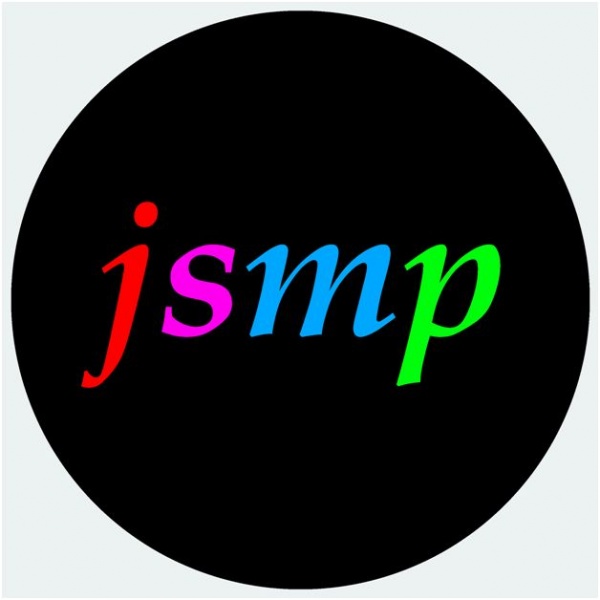 Journal of Spectroscopy and Molecular Physics
Journal of Spectroscopy and Molecular Physics How to make biomedical research more reproducible
How to make biomedical research more reproducible Is industry funding undermining trust in science?
Is industry funding undermining trust in science?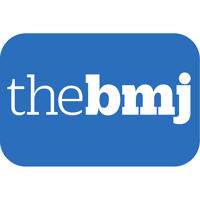 BMJ retraction of 1989 paper on influence of maternal diet during lactation on atopic eczema
BMJ retraction of 1989 paper on influence of maternal diet during lactation on atopic eczema Doctors, nurses, midwives and teachers are now legally required to report cases of female genital mutilation (FGM) to the police in England and Wales
Doctors, nurses, midwives and teachers are now legally required to report cases of female genital mutilation (FGM) to the police in England and Wales What are the implications for research and publication?
What are the implications for research and publication? Predatory journals and ORCID database concerns
Predatory journals and ORCID database concerns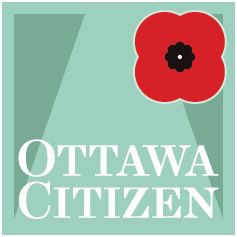 Article spinning software attempts to hide academic plagiarism
Article spinning software attempts to hide academic plagiarism Riken Institute spent ¥145 million on discredited STAP stem cells study
Riken Institute spent ¥145 million on discredited STAP stem cells study



